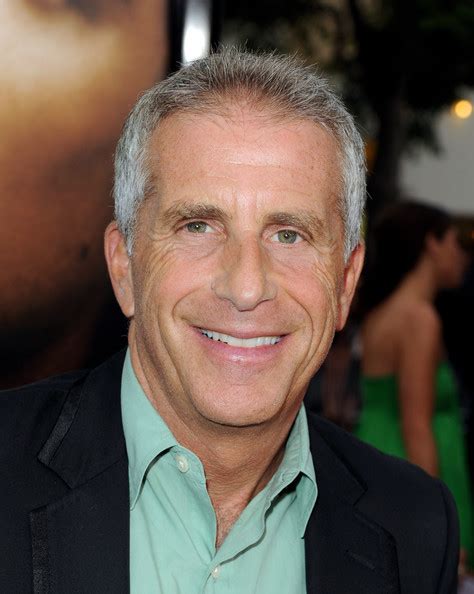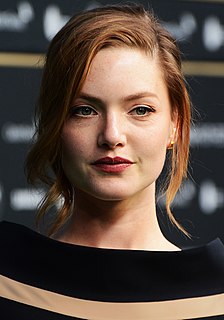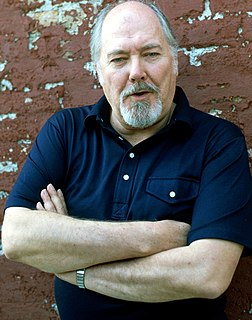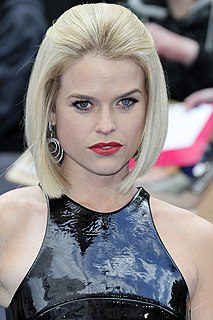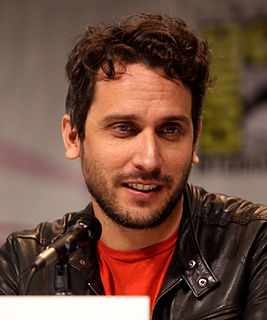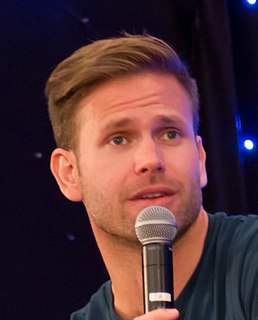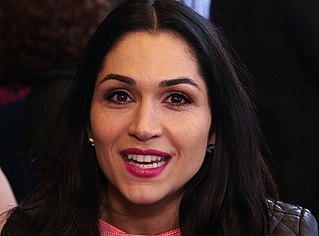A Quote by Marc Platt
It's hard to get an inner dialogue in a film. It's not cinematic. But in a musical, the character can just turn to the audience and sing.
Related Quotes
In film, the camera can get an array of shots so the audience can see the emotion the character is giving off. Using close-ups on the character's face really helps get the message across. On stage, you can't do that. But the stage has that live feeling that you can't get anywhere else because the audience is right there.
Taking a comic strip character is very hard to write. Because comics are meant to work in one page, to work in frames with minimalistic dialogue. And a lot of it is left to the imagination of the reader. To do that in film, you've got to be a little more explanatory. And that requires a good screenplay and good dialogue.
I have a lot of friends who were stand-ups, and they just stopped after a while, because they didn't like that battle, or they just couldn't do it. And then they would get on a sitcom and get visible and get back into it, because the audience was just way easier on them. But they lost those crucial years of learning to turn any audience into your audience.
And, for any performer, to be able to go deep into character is fantastic. In film you only get to do that if you're the leading character. But in television you get 18 hours to really test the audience and take them to the edge of how far they will go with this character. I can step over this line and I love that.
My secret skill, if it even counts as one, is saying really crass things that sometimes end up as dialogue coming from other character's mouths. My inner salty sailor is alive and well - the only problem is most of the writers on our show are just as inappropriate, so at the end of the day, it's hard to tell who came up with the line.
